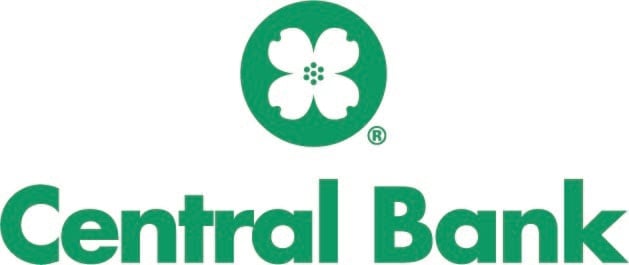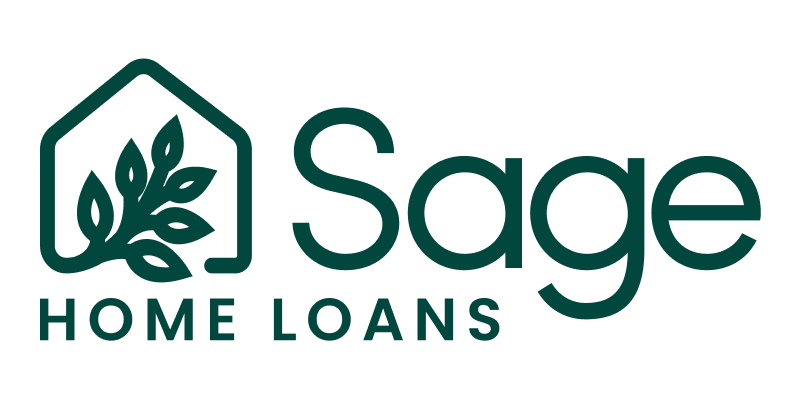Compare Investment Property Mortgage Rates | Sunday, February 8, 2026
Rates are current as of February 8, 2026 9:12 AM EST
APR 5.99%
-0.02% 1wAPR 5.45%
-0.01% 1wAPR 6.38%
-0.04% 1wShow details
The Nerdy headline
Tomo’s online rates comparison tool is among the best we’ve seen for shopping rates — and both their rates and fees are competitive. While they don’t offer refinance or home equity options, the solid lineup of purchase loans could be a good fit for a wide range of home buyers, including those with credit challenges.
NerdWallet rating
5.0
- Comprehensive online rates comparison tool makes it easy to customize sample rates.
- Mortgage rates are on the low side, according to the latest federal data.
- Offers financing options for borrowers with lower credit and those without Social Security numbers.
- No refinance or home equity options.
- Loans not available in all states.

NMLS#1880338
APR
6.50%
APR
6.50%
Interest rate
6.50%
Est. mo. payment
$2,528/mo
Total fees
$0
Next Door Lending is a wholly-owned subsidiary of NerdWallet
Show details
The Nerdy headline
Next Door Lending, a mortgage broker, offers expert assistance shopping for and closing a loan, as well as specialty loans at competitive rates. Mortgages are not available in every state.
- Offers a variety of loan types, including first-time buyer programs and loans for self-employed borrowers.
- Real-time rate quotes available while working with a broker.
- Responsive customer service.
- Competitive pricing often available, especially for non-traditional borrowers.
- Does not publish interest rates online.
- No mortgage mobile app.
- Loans are not available in every state.
Show details
The Nerdy headline
Simplist is an online marketplace of mortgage lenders; human guidance is optional. You’ll make payments to a loan servicer, not to Simplist. Loans are not available in every state.
Home loans overall
NerdWallet rating
4.5
- Loan origination process can be completed online.
- Offers government-backed FHA and VA loans.
- Offers module that compares mortgage rates among other lenders.
- Offers loans in many states and Washington, D.C., but not nationwide.
- Does not offer home equity loans or lines of credit.
Show details
The Nerdy headline
Farmers Bank of Kansas City lets you browse rates and apply online, but branches are Kansas-only. Get discounts by using the bank’s partner real estate network.
Home loans overall
NerdWallet rating
4.5
- Displays customized rates, with fee estimates, without requiring contact information.
- Offers home equity loans and lines of credit.
- Mortgage origination fees are on the low side compared to other lenders, according to the latest federal data.
- Doesn’t offer government-backed FHA or USDA loans, or adjustable-rate mortgages.
- Home renovation loans are not available.
- Mortgage rates are on the high side compared to other lenders, according to the latest federal data.
Show details
The Nerdy headline
Home loans overall
NerdWallet rating
4.5
- Offers a variety of mortgage options, including jumbo loans, and FHA and VA loans.
- Offers home equity loans and lines of credit.
- Displays customized rates, with fee estimates, without requiring contact information.
- Doesn’t offer mortgages in all 50 states.
- Home renovation loans are not available.
Show details
The Nerdy headline
Midwest-rooted Central Bank offers an online application, which you can track via mobile app. But you’ll have to contact the bank for mortgage rates.
Home loans overall
NerdWallet rating
4.0
- Among the best when it comes to online convenience.
- Offers a full selection of mortgage types and products, including jumbo, home equity, and government loans.
- Claims to offer preapproval within 24 hours of loan application.
- You'll have to complete a loan application to see mortgage interest rates.
- Bank branch locations limited to the Midwest.
- Does not offer home equity lines of credit.
Show details
The Nerdy headline
First Federal Bank stands out for its exceptionally low interest rates and its emphasis on government loans. Most likely to appeal to borrowers shopping for low rates and fees.
Home loans overall
NerdWallet rating5.0
- Strong experience in FHA and VA lending.
- Average mortgage rates are on the low side, according to the latest federal data.
- Minimum credit score requirement of 580 for some loans, which is lower than some competitors.
- No mobile app.
- Home equity lending is not a priority.
- Does not offer renovation loans, but does offer construction loans.
Show details
The Nerdy headline
Sage Home Loans stands out for speed and convenience, though it lacks a mobile app and doesn’t serve New York borrowers.
Home loans overall
NerdWallet rating
4.5
- Sample rates are easy to browse online.
- Quick, convenient pre-qualification process.
- Average time to close is just under 20 days, faster than industry standard.
- Home loans aren’t available in New York.
- No mobile app or online chat, despite focus on mortgage tech.
- Online pre-qualification requires sharing contact info.
See more options
About these rates: The lenders whose rates appear on this table are NerdWallet's advertising partners. NerdWallet strives to keep its information accurate and up to date. This information may be different than what you see when you visit a lender's site. The terms advertised here are not offers and do not bind any lender. The rates shown here are retrieved via the Mortech rate engine and are subject to change. These rates do not include taxes, fees, and insurance. Your actual rate and loan terms will be determined by the partner's assessment of your creditworthiness and other factors. Any potential savings figures are estimates based on the information provided by you and our advertising partners.
Explore historical mortgage rate trends
See how rates have changed over time to understand past patterns and economic fluctuations

Historical timeline
Loan purpose
Loan type
National average 5.99%
Today's average mortgage rates
| Product | Interest rate | APR |
|---|---|---|
| 30-year Fixed | 5.98% | 5.99% |
| 30-year Fixed FHA | 6.12% | 6.86% |
| 30-year Fixed VA | 5.50% | 5.67% |
| 20-year Fixed | 5.96% | 5.97% |
| 15-year Fixed | 5.42% | 5.45% |
| 10-year Fixed | 5.57% | 5.58% |
| 3-year ARM | 8.19% | 7.46% |
| 5-year ARM | 6.03% | 6.38% |
| 7-year ARM | 5.99% | 6.29% |
| 10-year ARM | 5.98% | 5.99% |
Accurate as of 02/08/2026.
Data source: ©Zillow, Inc. 2025. Use is subject to the Terms of Use
Today's mortgage rates | Sunday, February 8, 2026
Investment Property Mortgage Rates: What You Need to Know
How do I shop for current investment property mortgage rates?
Why are interest rates generally higher on investment or rental properties?
How do I compare investment property mortgage rates?
What is a good investment property mortgage rate?
Investment loan pros and cons
- Your primary residence isn’t used as collateral, making it less risky than a home equity loan or a HELOC.
- You may be able to use a portion of the projected rental income from the investment property to qualify for an investment mortgage.
- Investment property loans don’t tap into your primary home’s equity, giving you flexibility for future borrowing or financial needs.
- Interest rates are higher than for primary residences. While approval may be possible with a credit score around 640, higher scores are needed for the best rates.
- Larger down payments are typically required for investment property loans.
- Most lenders require extensive cash reserves, often 4-8 months of mortgage payments, taxes, insurance and HOA fees.
Learn more about investment properties
More mortgage tools and resources
Latest mortgage news and analysis
View rates by loan type or state
Get even more specific with rates personalized to your situation









